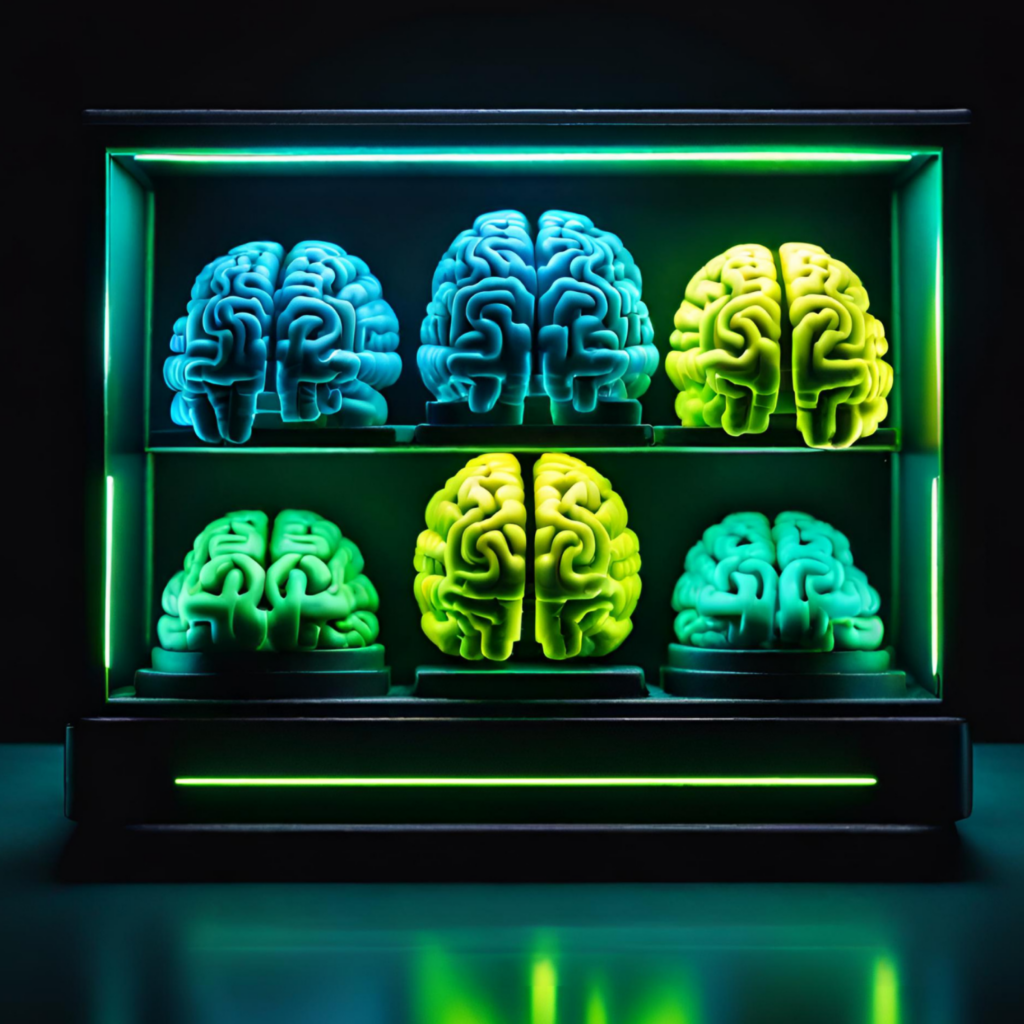ChatGPT Pros and Cons for Generating Marketing Content

The term ‘artificial intelligence’ was first coined by John McCarthy in 1956, but thanks to ChatGPT (first introduced by OpenAI in 2019), and other AI and Machine Learning tools experiencing exponential interest, it would appear that 2023 will be a very big year for artificial intelligence. A very big year indeed!
While many wrestle with the ethical implications and boundaries of the use of both machine learning and artificial intelligence in Marketing (and elsewhere), and while others dream up a variety of use cases where it can (and will) make our lives easier, let’s take a look at the benefits and drawbacks of using ChatGPT to support generating marketing content.
We’ve enlisted the support of ChatGPT itself to investigate the pros and cons of using artificial intelligence source for generating marketing content.
What are the benefits of using ChatGPT for marketing content?
Using ChatGPT to create marketing content can provide several benefits:
- Efficiency: ChatGPT can generate high-quality marketing content quickly, which can save time and resources for businesses.
- Personalization: ChatGPT can be fine-tuned to a specific brand’s tone and style, allowing for more personalized and engaging content.
- Scalability: ChatGPT can generate a large volume of content, making it useful for businesses that need to create a lot of content on a regular basis.
- Creativity: ChatGPT can generate unique and creative ideas for marketing campaigns, which can help businesses stand out in a crowded market.
- Cost-effective: Using ChatGPT can be more cost-effective than hiring a team of writers to create marketing content.
- Language Generation: The model is able to generate natural language which can be used to improve customer service and generate personalized content for different languages.
Overall, ChatGPT can be a valuable tool for businesses looking to create high-quality marketing content efficiently and cost-effectively.
What are the drawbacks of using ChatGPT for marketing?
Using ChatGPT to generate marketing content can also have some drawbacks:
- Quality Control: While ChatGPT can generate high-quality content, it’s important to review and edit the generated content for accuracy, grammar, and readability before publishing it. Stack Overflow put a temporary ban on ChatGPT content because “The answers which ChatGPT produces have a high rate of being incorrect, they typically look like they might be good and the answers are very easy to produce.”
- Limited understanding of context: ChatGPT is a language model. It lacks the human understanding of context, meaning that ChatGPT’s generated content may not always be appropriate or relevant to the intended audience. Have you asked for an article on how babies are made?
- Lack of creativity: ChatGPT can generate unique and creative ideas, but it is not capable of the same level of creativity as a human writer. ChatGPT is a highly advanced language model that is capable of generating human-like text, but its level of creativity is limited by the data it was trained on and the parameters set by its creators. It can produce original text based on the prompts it is given.
- Limited understanding of brand identity: ChatGPT can be fine-tuned to a specific brand’s tone and style, but it may not fully capture the nuances and subtleties of a brand’s identity. There have been instances where AI-generated content, such as text or images, has been used to create fake news or misleading information, which can negatively impact a brand’s image. In addition, AI-generated content can also be used to create phishing scams and other fraudulent activities, which can harm a brand’s reputation.
- Bias: ChatGPT is a machine learning model. It is trained on the data fed to it, therefore, it may contain the same biases present in the data it was trained on.
- Technical limitations: ChatGPT is a complex machine learning model and requires technical knowledge to set up and use effectively.
Overall, while ChatGPT can be a valuable tool for creating marketing content, it is important to use it in conjunction with human oversight and editing to ensure that the content is high-quality and appropriate for the intended audience.
Will ChatGPT replace copywriters?
ChatGPT is a powerful tool for creating marketing content, but it is unlikely to completely replace human copywriters in the near future. While ChatGPT can generate high-quality content quickly and cost-effectively, it still lacks the human understanding of context and creativity that experienced copywriters bring to the table.
While ChatGPT can assist copywriters in generating ideas and creating draft content, it still requires human oversight to ensure that the content is accurate, relevant, and appropriate for the intended audience. Additionally, a human copywriter can bring an in-depth understanding of the brand’s identity, target audience and the market, which is still very important to create a compelling and effective marketing campaign.
Moreover, copywriting is not only about producing written content, but also about storytelling, creativity and understanding the audience. ChatGPT is a language model and it can not replace human understanding and creativity, especially when it comes to storytelling, which is a fundamental element in copywriting.
Therefore, utilizing ChatGPT in marketing will likely be the equivalent to having an assistive tool for copywriters, rather than a replacement. It can help to speed up the content creation process and generate new ideas, but human oversight and input will still be necessary to ensure that the final content is high-quality and effective.
In Conclusion
There you have it – straight from the horse’s (or rather machine learning’s) mouth, and then analyzed and enhanced by real marketers with expertise in more than 500 marketing campaigns across 25 industries in the past year alone.





